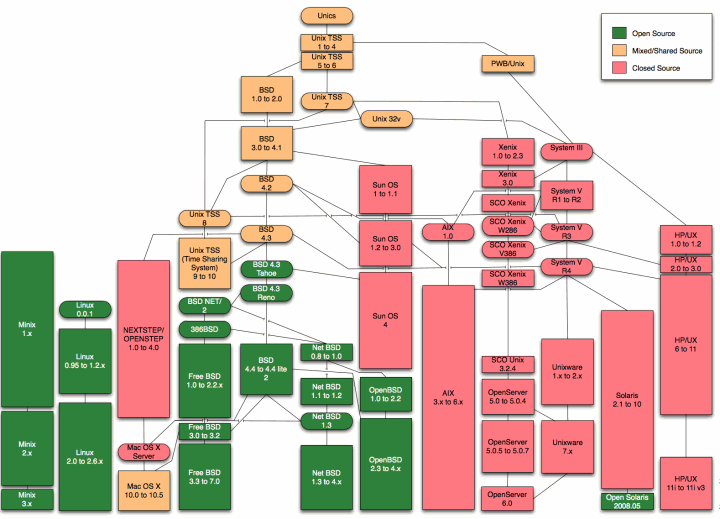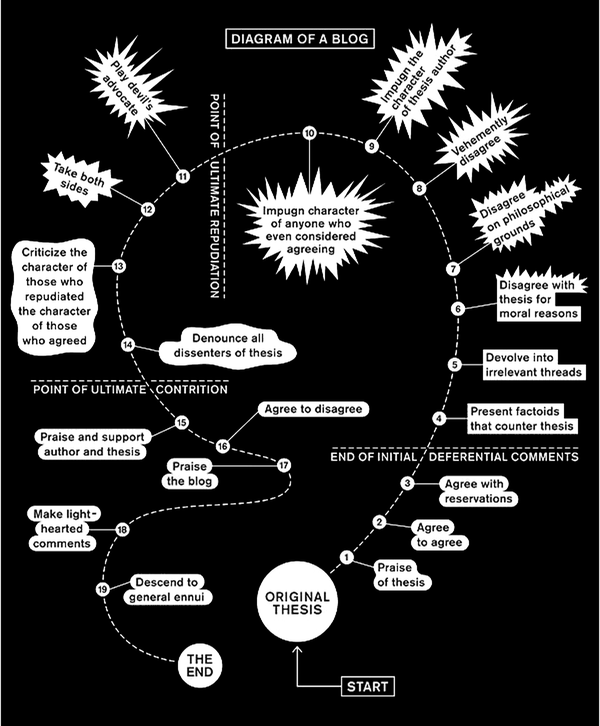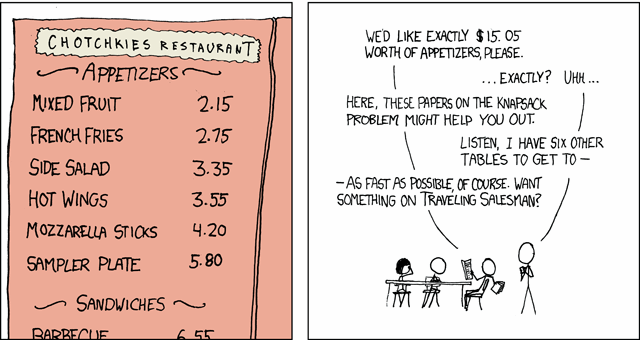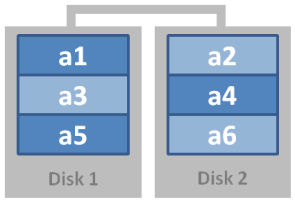scalability
Scaling Up vs. Scaling Out: Hidden Costs
In My Scaling Hero, I described the amazing scaling story of plentyoffish.com. It’s impressive by any measure, but also particularly relevant to us because we’re on the Microsoft stack, too. I was intrigued when Markus posted this recent update: Last Monday we upgraded our core database server









